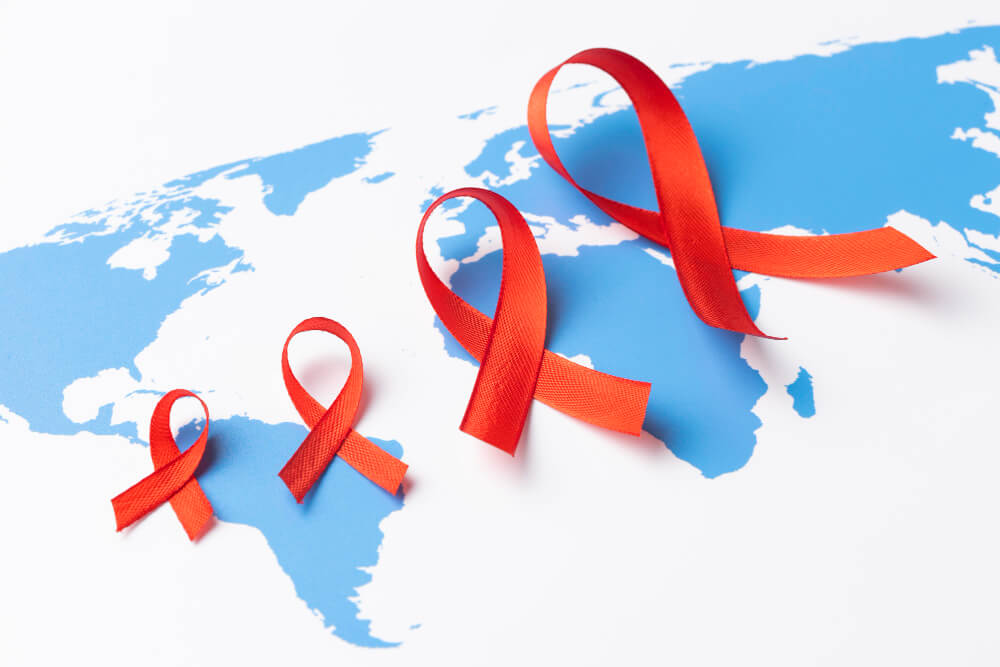In a back-alley sewing studio in Soweto, a mother of three stitches fabric into dignity. On a rooftop farm in Khayelitsha, spinach and hope grow side by side. Somewhere in a dusty township yard, a teen opens a refurbished laptop—his first contact with code. None of these are charity cases. They’re businesses. But not as we once knew them.
These are social enterprises—businesses born with a mission to heal, uplift, and include. They operate for profit, yes. But it’s profit braided with purpose, where success is measured not just in rands, but in the number of lives turned around, systems disrupted, and futures redirected.
What Is a Social Enterprise, Really?
Strip away the jargon and a social enterprise is simple:
It’s a business that exists to solve problems—human, social, or environmental—and uses its profits to do exactly that.
It still trades, competes, sells, earns. But unlike traditional businesses that chase only margins, this model chases meaning. It may train unemployed youth, tackle hunger through urban farming, or reduce waste through innovation. But its engine is sustainable, and its endgame is change.
And in a country like South Africa—where inequality is not just an economic condition but a historical inheritance—this model is not just innovative. It’s essential.
Why They Matter Here
South Africa holds within it two parallel realities: one bursting with potential, the other weighed down by systemic exclusion. Social enterprises walk the fragile rope between the two—and stitch a bridge.
They provide jobs where there were none.
They bring purpose where it was buried.
They offer dignity where it was denied.
This is not idealism. It’s practical revolution.
How Social Enterprises Help
Let’s make this real. Here’s how these businesses are changing lives:
- Up-skilling the invisible: Formerly unemployed youth are learning trades, tech, digital marketing, or solar installation—not in theory, but in application. They leave with income, confidence, and agency.
- Empowering women: Safe, stable, fair-wage work has ripple effects that reach families. From sewing collectives to home care startups, women are owning their labour and their voice.
- Greening cities from the ground up: Urban farms, recycling ventures, clean energy hubs—these aren’t side projects. They’re full-time businesses with full-scale ecological goals.
- Educating through enterprise: Some social ventures teach digital skills to township teens using nothing but repurposed smartphones, Wi-Fi routers, and volunteers. Learning no longer waits for permission.
A Realistic Example, Grounded in Daily Life
Picture this:
A 19-year-old boy in Eastern Cape—bright, restless, with no roadmap for life. He spends days in temporary jobs, fights, cigarettes, noise. But under all that, there’s sharpness. Intelligence. Curiosity.
Now imagine someone took him seriously.
They sat with him, listened to what excites him—design, maybe. Maybe music. Maybe he doesn’t know yet. But they showed him a path: a bootcamp, a business incubator, a small paid internship through a recycling startup.
He tries. He likes it. He keeps showing up. Others notice. They ask questions. He becomes the evidence they didn’t know they were waiting for. One changed youth. Then three. Then ten.
That’s the ripple effect social enterprises create.
One transformation at a time. Quiet. Contagious. Real.
Obstacles in the Way
Of course, this isn’t easy. Social enterprises often operate under strain:
- Access to funding is tight.
- Infrastructure in underserved areas is inconsistent.
- The pressure to survive and uplift is constant.
But still they continue—because in the absence of equitable systems, purpose-driven businesses are building their own.
They Don’t Just Compete. They Correct.
In a market obsessed with growth charts, social enterprises flip the question:
“Growth for whom?”
“Success by whose measure?”
“Profit at what cost?”
They are challenging outdated economic logics.
They’re proving that entrepreneurship can be ethical without being naïve.
And they’re doing it in real-time, in real neighborhoods, with real returns—both human and financial.
A Future With a Different Bottom Line
If South Africa is to rise as a more equal, more humane nation, we must rewrite the rules of value.
And that begins here—with businesses that care as they grow and lift as they earn.
Social enterprises are not a luxury. They are a necessity born from the reality that we cannot wait for top-down solutions alone. Sometimes the answers live at street level—in a startup led by a single mother, a workshop run by ex-offenders, or a food stall that feeds with both meals and meaning.
These ventures don’t just help communities.
They become part of them.
And in doing so, they leave behind more than profit.
They leave legacy. They leave hope.











